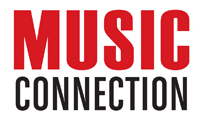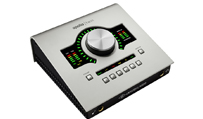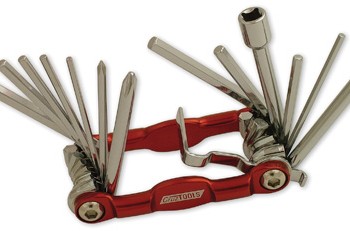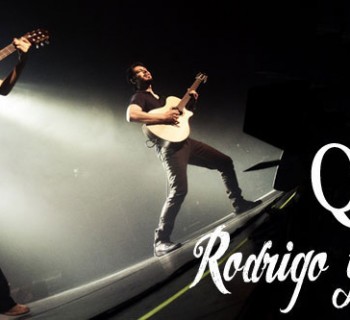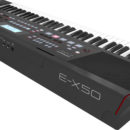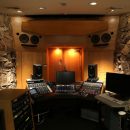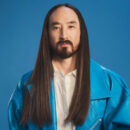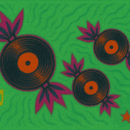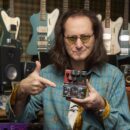This is a guest post by Jeremy Jones, education specialist at Siemens Hearing Instruments.
Did you know excessive noise is the leading cause of hearing loss? Some professional musicians have discussed their hearing loss and tinnitus issues in the media (See Music Connection's Health & Wellness features), yet many concert attendees don’t realize they are also at risk of noise-induced hearing loss, or NIHL. Whether you are performing onstage or cheering below it, if your ears are ringing or your hearing seems poor following a concert, permanent damage may already be done. Although hearing aids are an effective treatment for NIHL, it is far better to prevent the damage from occurring in the first place.
Living a high decibel life has consequences
Sound levels are measured in decibels (dB). The average symphonic musical peak is between 120-137 dB, while the rock music peak is around 150 dB. For reference, long or repeated exposure to sounds at or above 85 dB can cause hearing loss. Even a one-time exposure to a very loud noise, such as an explosion, can result in permanent damage.
The duration of the exposure is also an important factor in how much hearing damage is done. You should avoid noises that are too loud, or last too long. Unfortunately for musicians, such precautions are virtually impossible while playing instruments or singing surrounded by amplifiers and special effects. Under these circumstances, wearing hearing protection is vital. Just ask music legends Neil Young and Jeff Beck, who both suffer from tinnitus (ringing in the ears), or Ozzy Osborne and Pete Townshend, who have significant hearing loss.
For those about to rock
A recent study by the House Research Institute revealed 72 percent of teenagers experience reduced hearing after attending a rock concert lasting three hours. While this type of loss is usually temporary, repeated exposure can cause permanent hearing loss. Considering NIHL typically results from exposure to levels of 85 dB and higher, and the average rock concert exceeds that significantly, this outcome is hardly surprising.
Despite the increasing awareness of the risk of NIHL from concerts very few attendees bother to wear earplugs or other hearing protection. When asked common excuses include, “I don’t want anything to get between me and the music” or “I don’t want to look silly.”
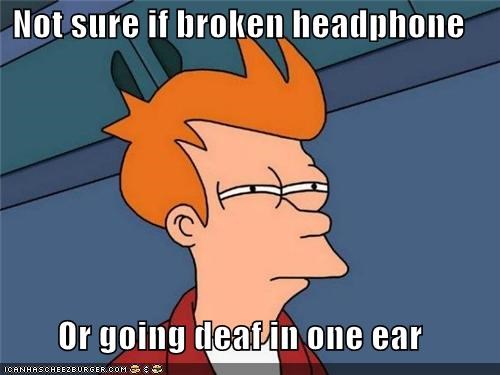
Ear protection options
Most musicians need more than over-the-counter foam earplugs from the local drugstore to effectively protect their hearing. Here are a few options that are more effective:
- - Custom molded musicians’ earplugs
- - Multi-flanged ear plugs
- - Over-the-ear headband earmuffs
Custom-made hearing protection is the most comfortable option as they are made using molds of your ear for a perfect fit. They also provide improved sound quality, which is a necessity for hearing protection used by musicians.
For concertgoers, a decent pair of foam earplugs will likely do the trick, as they are unobtrusive, effective and inexpensive. However, they do muffle sound in ways that can interfere with a music lover’s enjoyment of a performance. Those who attend concerts more regularly may want to invest in the flanged reusable earplugs or take it to the next level with custom hearing protection.
If you’re not sure which solution is best for you we recommend contacting a hearing care professional to discuss your needs and the options available in greater detail.
Jeremy K. Jones
Mr. Jones has been a member of the Education and Training Team at Siemens since 2012 where his responsibilities include training both Siemens staff and customers on Siemens software, hearing instruments and fitting protocols. In 1992, he began his career with Siemens as a field sales representative for both commercial and Government accounts. Prior to joining Siemens, Mr. Jones worked in private practice in Indianapolis, IN for 12 years and also served 8 years as an instructor and clinician at the Indiana University School of Medicine seeing both pediatric and adult patients providing a full range of audiometric services including diagnostics, hearing aids and tinnitus therapy. He received both his undergraduate and Master’s degrees from Indiana University.

